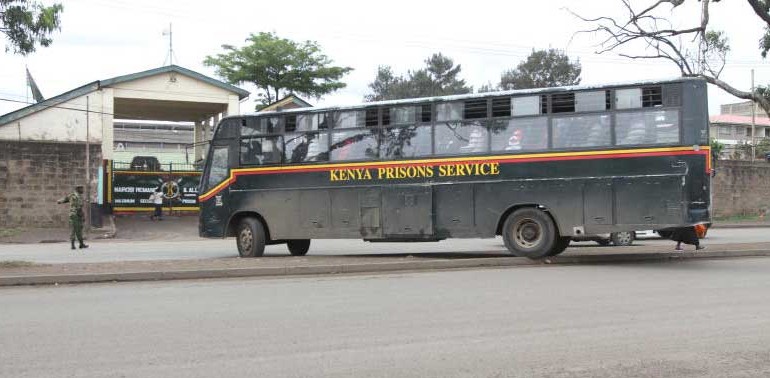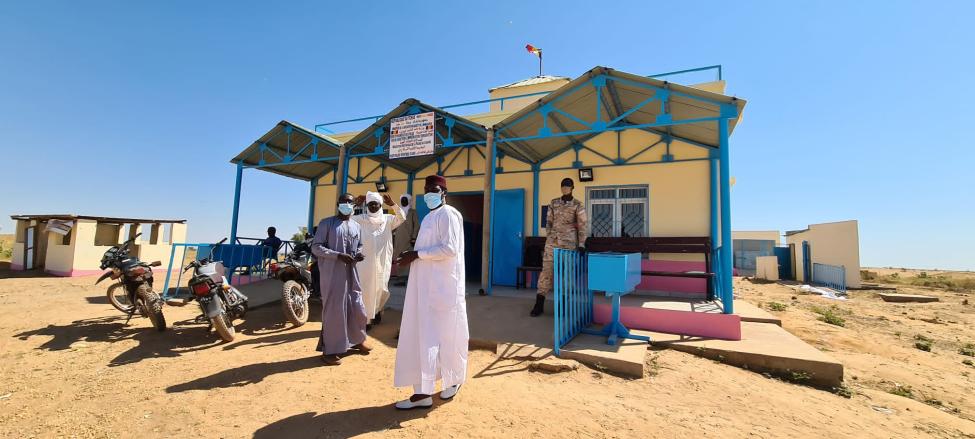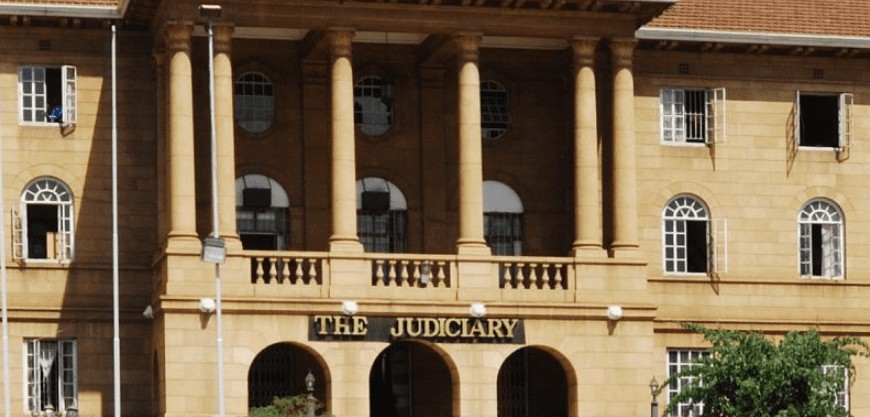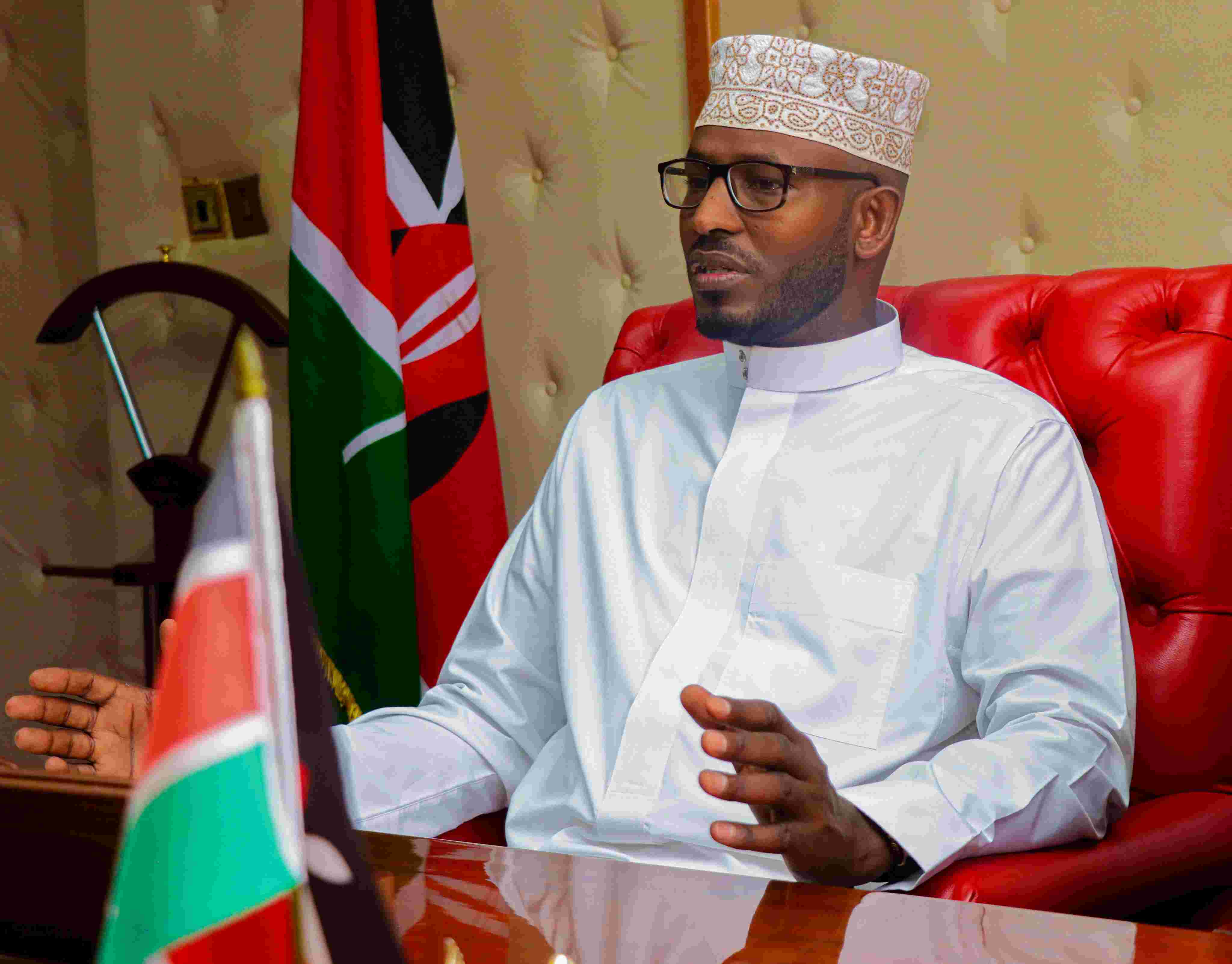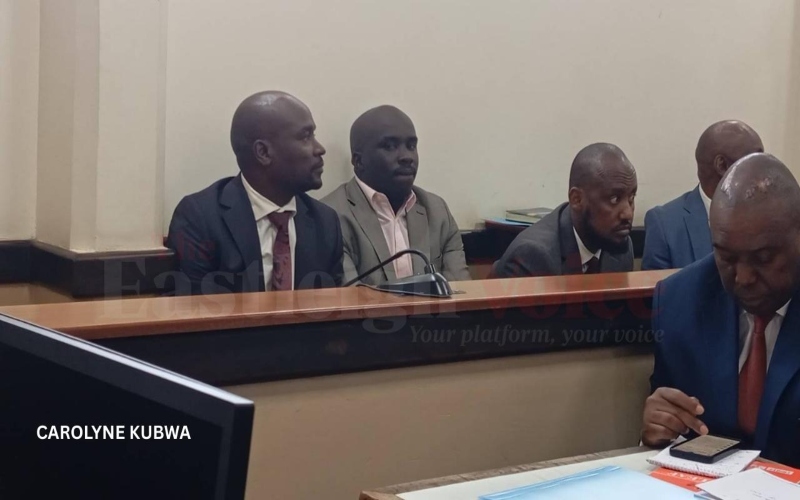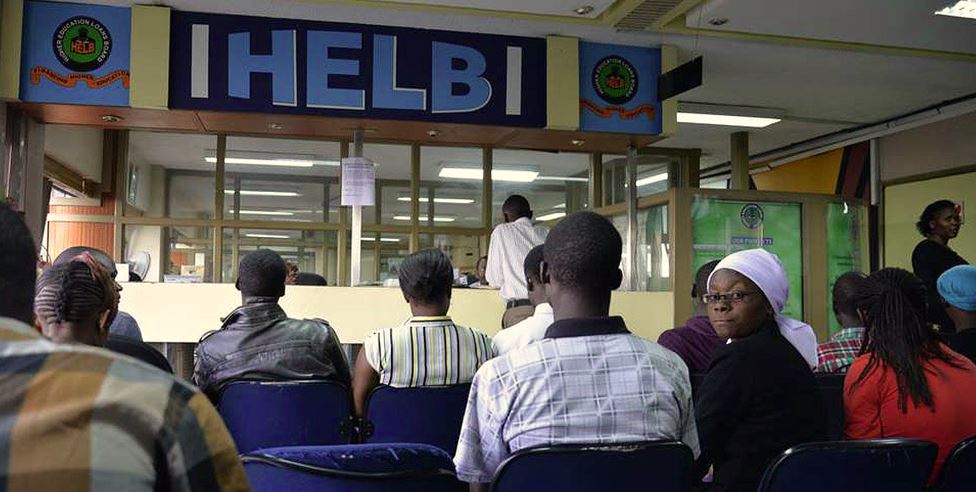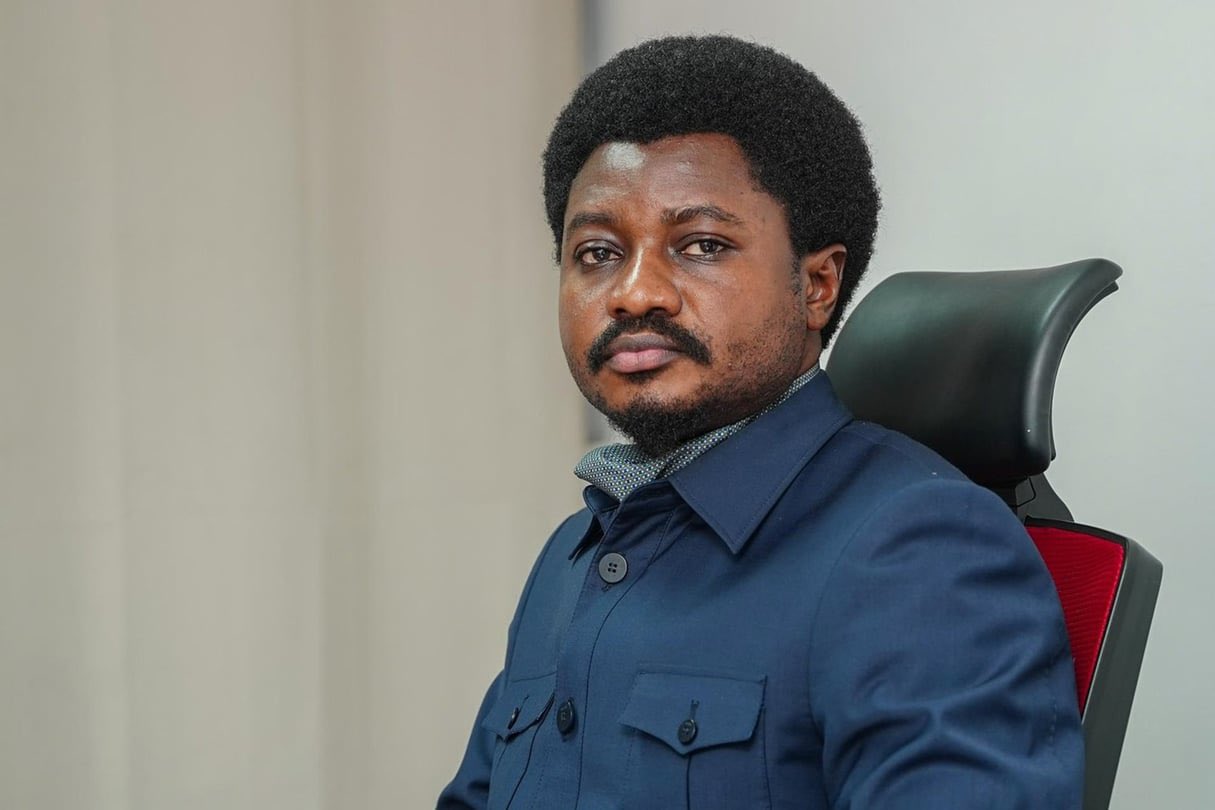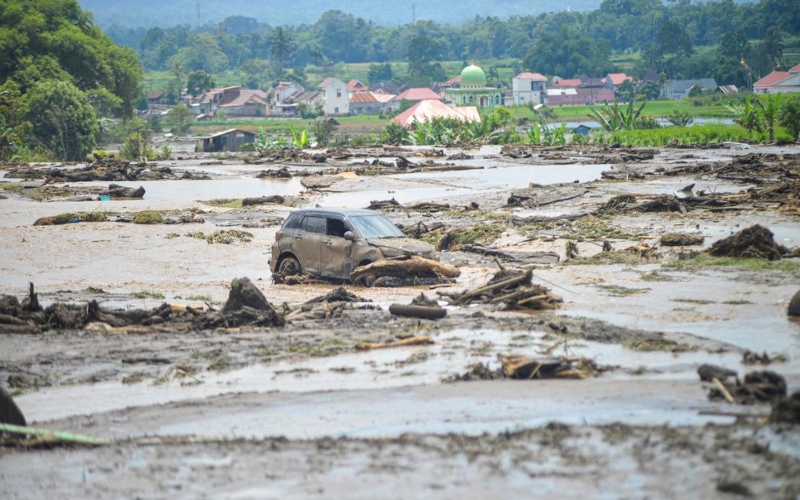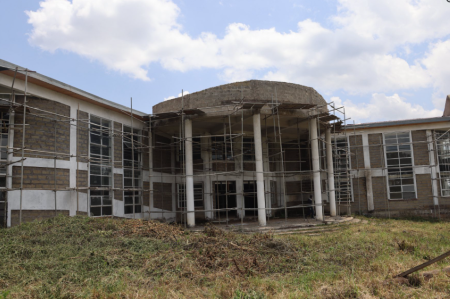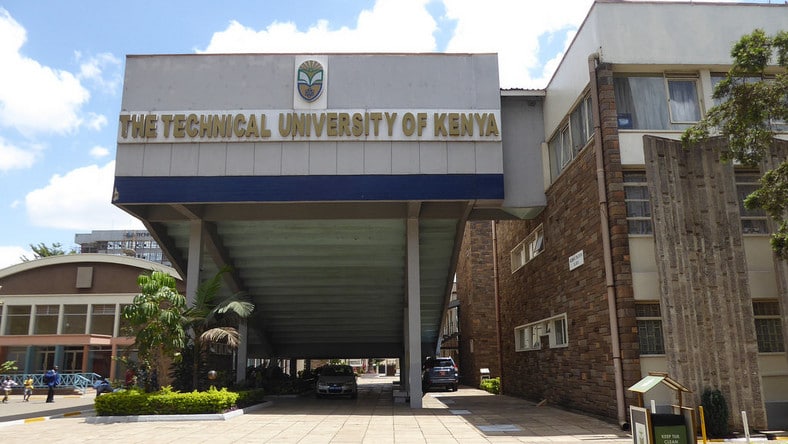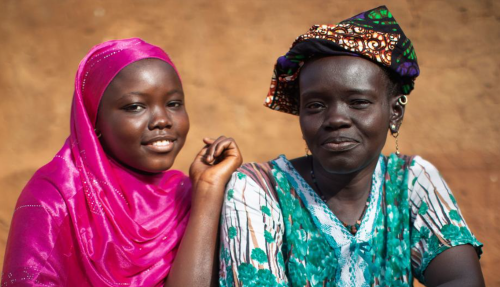Senegal leader Macky Sall announces amnesty bill to end poll-linked turmoil
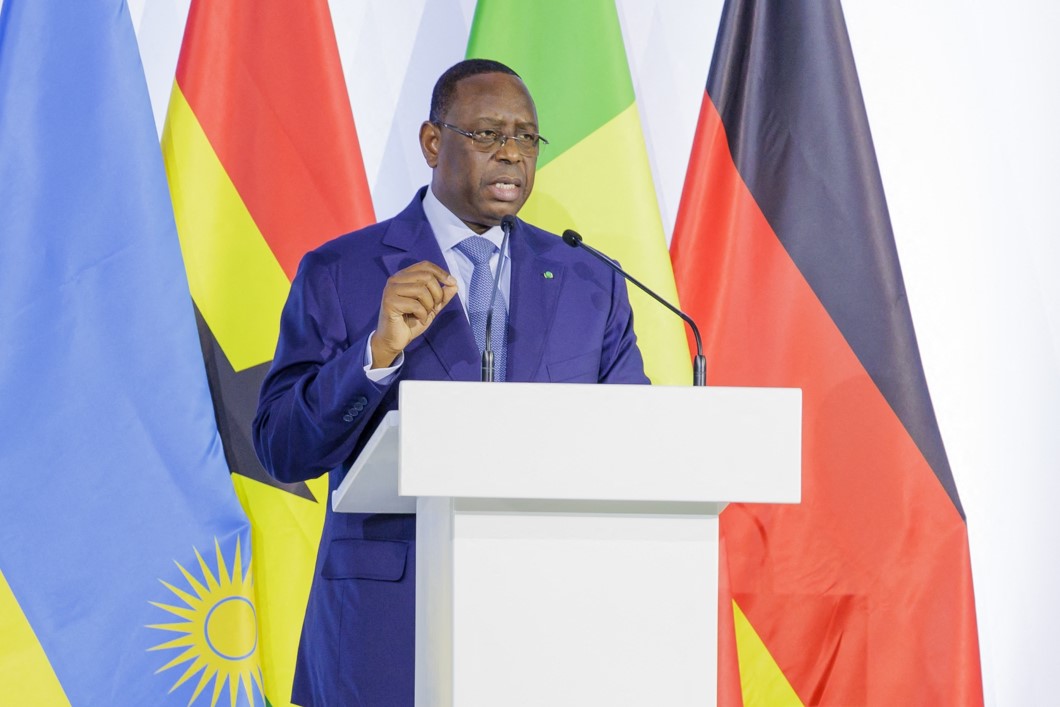
Sall presented the amnesty move as a way of reuniting the country, after bouts of unrest that have killed dozens in the past three years.
Senegal's embattled President Macky Sall on Monday announced a general amnesty for political protests since 2021 during talks to set a new date for presidential polls he deferred this month, sparking deadly turmoil.
The West African nation is in the grips of its worst political crisis in decades after Sall abruptly delayed the February 25 presidential vote just hours before campaigning was due to begin.
More To Read
- Burkina Faso's military junta disbands electoral commission, calling it a waste of money
- French military ends permanent presence in Senegal
- Hope against the odds: Somalia chase historic point against Senegal in AFCON U17
- Senegal to summon ex-president Macky Sall over financial irregularities
- Audit shows Senegal's previous government misreported key economic data
- Senegal PM Sonko to Macron: France destabilises Africa more than it secures it
Sall presented the amnesty move as a way of reuniting the country, after bouts of unrest that have killed dozens in the past three years.
Several hundred opposition members, or over 1,000 according to some rights groups, have been arrested since 2021 amid the power struggle between opposition firebrand Ousmane Sonko and the state.
Sonko and his party's substitute candidate, Bassirou Diomaye Faye, are in prison.
"In a spirit of national reconciliation, I will put before the National Assembly this Wednesday in the council of ministers a bill for a general amnesty for acts relating to political demonstrations that took place between 2021 and 2024," Sall said Monday.
"This will make it possible to pacify the political arena," he added.
Hundreds of imprisoned opponents have already been released in the past 10 days.
Cheikh Anta Diop University in Dakar also reopened on Monday after being closed for months following political unrest.
However various political actors have rejected the idea of an amnesty law on the grounds it would exonerate the acts that some government or security officials are accused of committing during the protests.
They say an amnesty should not form part of the consultations to set a new date for the presidential election.
No 'personal agenda'
The election postponement plunged traditionally stable Senegal into turmoil and sparked unrest that has left four people dead.
The Constitutional Council, the country's top constitutional body, overturned the delay and called for the vote to be organised "as soon as possible".
Major stakeholders have snubbed Monday's talks for a new poll date.
Sall had proposed that all the candidates in the presidential race should be included in the dialogue, as well as those who had been disqualified from standing.
But 16 of the 19 candidates approved by the Constitutional Council to contest the election said they would not take part.
During the meeting in the new town of Diamniadio, some 30 kilometres (19 miles) from the capital Dakar, Sall said he wanted to organise the presidential election before the rainy season in June and July.
He reiterated that he had no "personal agenda" and repeated his commitment to leaving the presidency at the beginning of April.
"I have only one concern -- to find a consensus on the date of the next presidential election so that the ballot can take place under the best possible conditions," Sall said.
A movement of political and civil society figures is calling for a vote before April 2 when Sall is due to step down.
'Consensus'
Sall in his opening speech acknowledged that only two of the 19 qualified candidates had accepted the invitation to the dialogue -- including his handpicked successor Prime Minister Amadou Ba.
The president has said he hopes to reach an agreement on the date by late Tuesday.
The Aar Sunu Election (Protect Our Election) collective of over 100 civil society groups and personalities against the election delay have also boycotted the talks.
The collective has called for a general strike on Tuesday.
Some fear a possible power vacuum if Sall were to leave the presidency before a successor was installed.
Others have accused him of playing for time, either to stay in power beyond his mandate or to benefit his political allies who fear defeat at the ballot box.
Sall said he delayed the election over disputes about the disqualification of potential candidates and over concerns about a return to unrest seen in 2021 and last year.
Story by AFP
Top Stories Today
